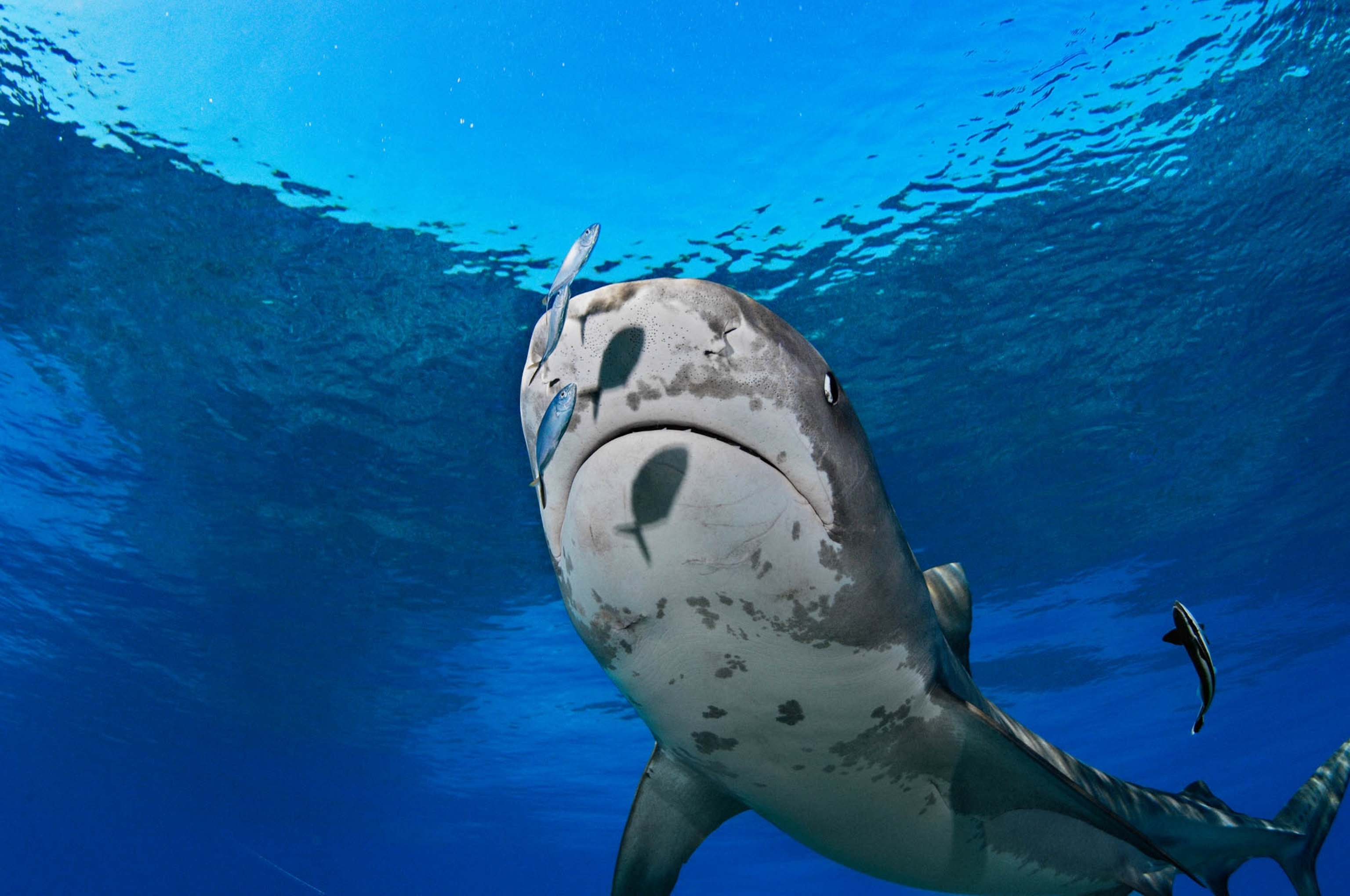
2015 Had a Record Number of Shark Attacks. Here's Why.
Ninety-eight people were bitten by sharks last year and six were killed, but experts say it's not time to panic.
The numbers are in. Spurred by warm water, 2015 set a new record for shark attacks around the world, with 98 incidents, including six human fatalities.
That total is 26 more than the previous year and 40 more than the figure from one decade prior.
According to the International Shark Attack File, the main drivers for the rise in incidents were warm water from El Niño and global warming (2015 was also the hottest year on record), a lack of severe storms in most developed countries, and a relatively strong economy that sent more vacationers to the beach.
Those factors combined to put more people in the path of sharks, which prefer to avoid people and don't target them the way they do in B movies, says George Burgess, who compiled the report through his work at the Florida Museum of Natural History.
(Surfer Attacked by Shark ‘Did Everything Right’)
The data also showed the U.S. had 59 shark attacks, a new record, with particularly high activity in Florida and the Carolinas. The previous record was 53 attacks, in 2014. Australia had 18 incidents this year and South Africa had 8. (Get more shark incident data.)
Still, the numbers don't mean people should panic, says Burgess. Instead, "the chances for any individual who goes in the water surviving have probably never been higher, since there are so many more of us going out than before."
Low Risk
As an analogy, Burgess points to car accidents. "There were more car fatalities in 2015 than 1950, but that doesn't mean cars are more dangerous," he says. "It means there are a lot more out there."
In fact, the average annual number of deaths from sharks over the past decade has remained constant, at six, despite fluctuations in the numbers of incidents. The chance for any individual tangling with a shark remains vanishingly small (learn about tips to reduce that risk even further).
One study in 2014 by Tulane University put the chance at dying from a shark at 1 in 8 million, compared with 1 in 90 for a car accident, 1 in 1,600,000 for impact by a space rock, or 1 in 195 million for winning the PowerBall lottery. (Another study put the risk at a shark attack at 1 in 11.8 million.)
It's also important to remember that "we're killing a lot more sharks than they're killing us," says Burgess, to the tune of 100 million a year. Many sharks are endangered or threatened around the world, although a few are making a slow comeback thanks to recent protections.
Why the Increases in Incidents Over Time?
Since 1900, the number of shark attacks has risen steadily. The number one reason is the high growth of human population, says Burgess. Beyond that, many more people are spending time in the water, particularly in higher risk activities like surfing or diving.
As waters warm, the ranges for sharks have expanded, putting people in contact with the big fish where they didn't expect them.
Part of the rise can also be attributed to better reporting, says Burgess.
"Now, every bite is a headline, because everyone has a phone on the beach and can record the event," says Burgess. In the past, many events were probably underreported.
Still, the individual risk for a swimmer remains very low. Avoiding the water at night and around fishing activity can decrease that even further, as can covering any cuts that might bleed in the water.
Burgess adds that it's important to remember that sharks play vital roles in the ocean ecosystem and that human beings are just guests there.









